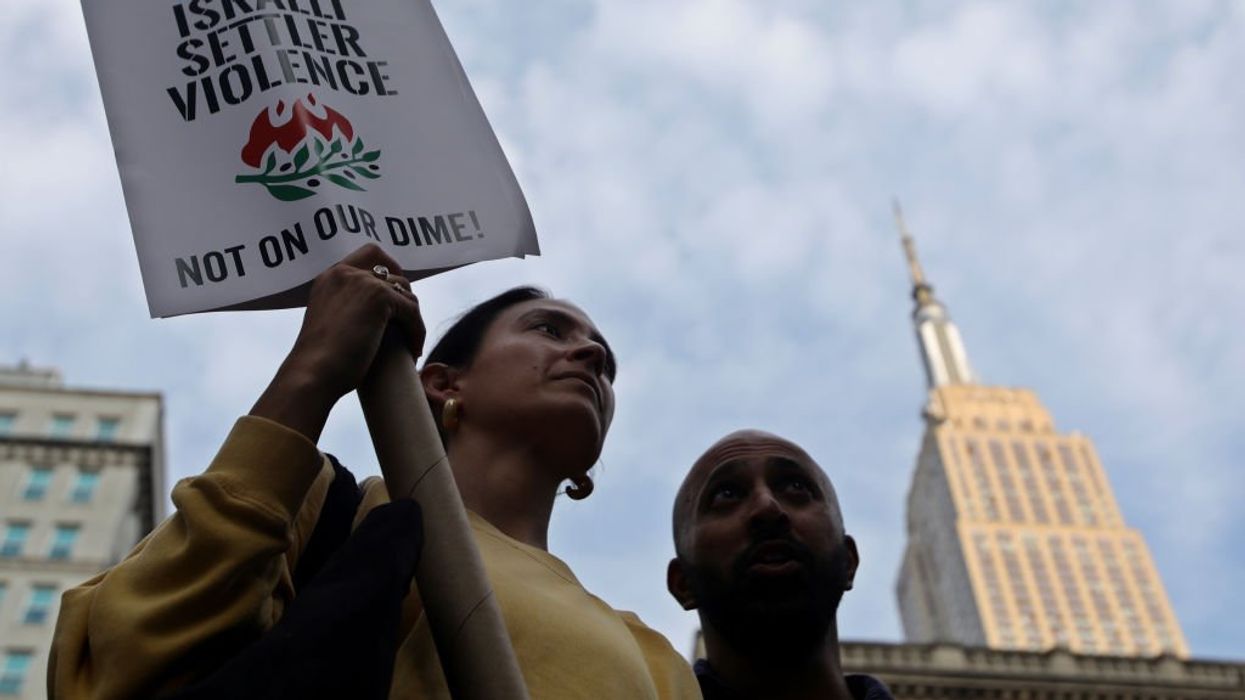Ahead of Israeli President Isaac Herzog's visit to Capitol Hill earlier this week, several Democratic lawmakers in the House of Representatives voiced their opposition to the United States' economic support for Israel, citing Jerusalem's ongoing campaign of violence toward Palestinians. On Saturday, New York Times opinion columnist Nicholas Kristof offered a different perspective on why the US should stop financially backing Israel, which Kristof argued does not need the money.
"American aid to another rich country squanders scarce resources and creates an unhealthy relationship damaging to both sides," Kristof wrote. "Israel has legitimate security concerns but is not in peril of being invaded by the armies of its neighbors, and it is richer per capita than Japan and some European countries. One sign of changed times: Almost a quarter of Israel's arms exports last year went to Arab states."
The billions that the US sends to Israel, Kristof explained, "is more than 10 times as much as the U.S. sends to the far more populous nation of Niger, one of the poorest countries in the world and one under attack by jihadis. In countries like Niger, that sum could save hundreds of thousands of lives a year, or here in the United States, it could help pay for desperately needed early childhood programs."
READ MORE: Omar: 'No way in hell' I’m attending Israeli president’s speech to Congress
Experts such as former Israeli Minister of Justice Yossi Beilin and ex-American Ambassadors to Israel Daniel Kurtzer and Martin Indyk agreed with Kristof's assessment.
"Israel should give up on the American aid," Bellin told Kristof.
"Israel's economy is strong enough that it does not need aid; security assistance distorts Israel's economy and creates a false sense of dependency," Kurtzner said. "Aid provides the US with no leverage or influence over Israeli decisions to use force; because we sit by quietly while Israel pursues policies we oppose, we are seen as 'enablers' of Israel's occupation," adding that "US aid provides a multibillion-dollar cushion that allows Israel to avoid hard choices of where to spend its own money and thus allows Israel to spend more money on policies we oppose, such as settlements."
Indyk, meanwhile, noted that "Israel can afford it, and it would be healthier for the relationship if Israel stood on its own two feet."
READ MORE: Israeli officials 'unsuccessfully' try to retrieve valuable artifacts 'stranded' at Mar-a-Lago: report
Kristof's full editorial continues at this link (subscription required).


